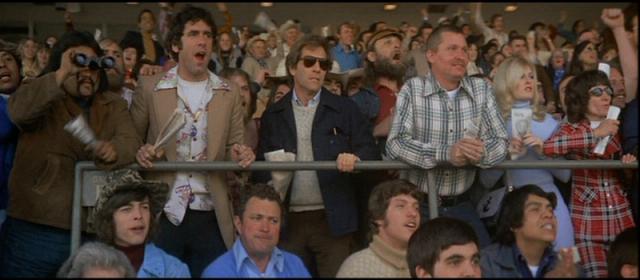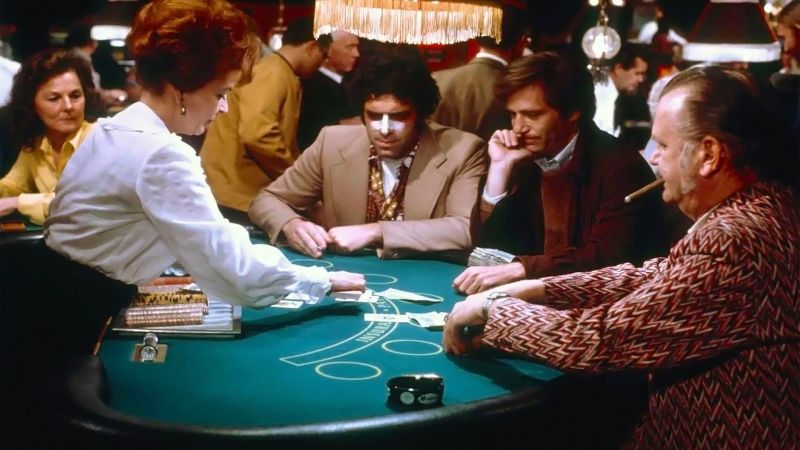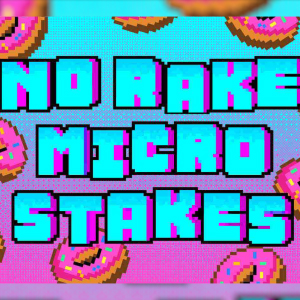Movie Review: California Split
9 years ago

18 Sep
The scent and smoke and sweat of a casino are nauseating at three in the morning,” Ian Fleming writes in the opening of Casino Royale.
"Then the soul-erosion produced by high gambling - a compost of greed and fear and nervous tension - becomes unbearable and the senses awake and revolt from it.”
In two sentences he sums up the feel of gambling for far too long and far too late into the night.

This feeling of exhausted disgust, pervades Robert Altman’s 1974 poker movie California Split, like the cigarette smoke pervaded the bars and card rooms of the period.
California Split was just one of a string of movies – including M*A*S*H, The Long Goodbye, McCabe & Mrs. Miller – in which Altman began to make a cinema of his own. He was part of that generation of directors who were starting to find their individual styles rather than toeing a studio’s vision of what their products should look like.
Though Altman was never as influential as Scorsese, or as popular as Spielberg – two of the bigger names from that period, and whose careers were taking off at the same time as Altman’s – he was perhaps more distinct, more identifiably ‘an auteur’ to use the argot of film theory. His use of sound is distinct enough to be referred to as ‘trademark’, and appears in California Split along with his other trademarks: rambly plot lines, and picaresque subject matter.
In California Split this rambling quality is sufficiently foregrounded to make a plot outline rather pointless. The situation as far as one can go without falling over the Spoiler Cliff into Spoiler Lake is this: George Segal plays a writer who falls into fast company. The fast company is played by Elliott Gould in the form of a degenerate gambler with the gift of the gab who makes friends with a down on his luck writer. Shenanigans, as per usual, ensue.
Together Gould and Segal move from one episode to another: through poker games, days at the track, muggings, beatings, beery breakfasts, upswings, downswings and break even swings. The reason it is hard to provide a plot summary for the film is that, for California Split, plot it not the point. What ties the various incidents together is instead are it’s themes and a sort of pervasive atmosphere. It is Fleming’s soul sick compost.
A Good… Whatever It Is
For all the difficulty in pinning down exactly what it is about, it is an enjoyable hour forty-five. Mostly down to Gould’s comedic ability, which the script and direction allow to carry the film. The strange meandering of the plot works, and overall it avoids the frequent dips in interest that are normally a feature of such an episodic script. It helps that the thematic concerns of the film maintain a feeling of unity, as does the faintly surreal tone.
The sounds design is particularly notable, the sound drifting in and out of different conversations in a way that feels like a natural shift in an eavesdroppers attention, or a radio autotuning back and forth between channels.
The cast excel in their roles, George Segal as a sort of dull straight guy to Elliott Gould’s comedian. They both nail the dialogue – a mix of gambling argot and Gould’s bullshit artist patter – of Joseph Walsh’s script.
The friendship which is conjured out of a case of mistaken identity is, from the first, beset by false impressions: what appears to be Gould’s wife and child turn out to be a pair of escorts he is simply housing with, the horse whose made out to be a loser ends up winning them a bundle, a man with ESP gets all his predictions wrong, and the positive thinking and superstitions which abound all turn out to be meaningless.
Even the introduction of a young Jeff Goldblum fails to pay-off. We don’t see him again for the whole movie.
It could be easy to watch the movie as an arthouse flick, but more than anything else I would describe it as a comedy. A bleak comedy, for sure. And one that is masquerading as something more poetic, more serious. But in the end, what makes it work are the yuks.

Wanted At The Table
From the hilarious introduction to poker, given to us by a terrible casino video, poker is at the forefront (“It is simple good judgement to be wanted at the table,” the video warns the man who is about to be punched in the face). But the action almost never centers around specific hands.
Instead, to take just one example, the opening sequence involves a rule dispute in a card room, and later the biggest game of the movie happens off screen as we follow Elliott Gould’s character killing time (about as stressfully as is possible) outside the poker room while Segal plays.
For capturing the atmosphere of the game though, the movie is near perfect. There is that constant sense of the character’s boredom, without making the audience bored themselves. And that boredom is appropriately punctuated by the despair on a downswing and the godlike feeling of a heater, and on more than one occasion the discomfort of a sudden beating or a robbery.

In Summary
I would highly recommend the movie to almost anyone, poker player or normalton. It may require a certain tolerance for the slower pace from those who are used to more popcorn affairs, but that should be more than compensated for by the quality of the dialogue, the comedy, and the portrayal of the downsides of being a cardsharp.






Comments
You need to be logged in to post a new comment